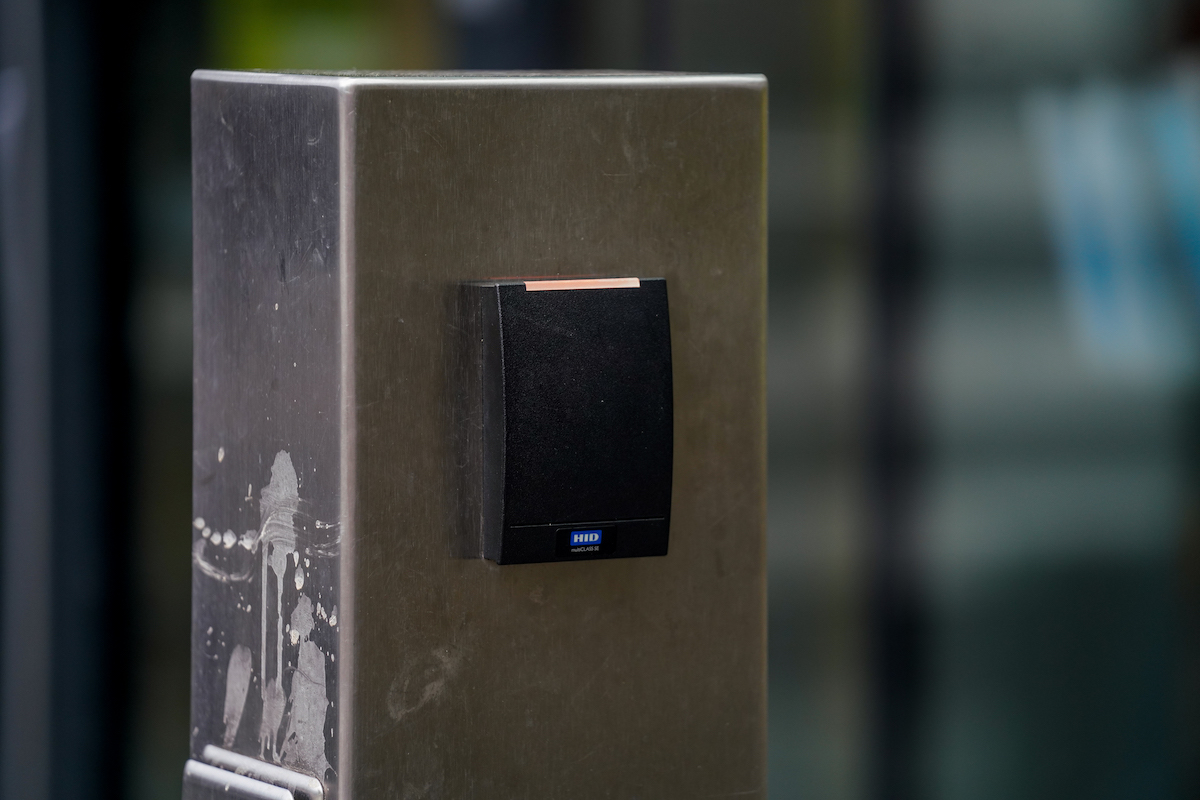Pyongang can’t be trusted with arms
America’s senior arms-control diplomat said Wednesday that U.N. Security Council action to counter North Korea’s nuclear-weapons program was unavoidable, and that he doubted that Pyongyang could ever again be trusted with nuclear materials.
John Bolton, undersecretary of state for arms control, said discovery of North Korea’s secret program to develop highly enriched uranium “drove a stake through the heart” of a 1994 agreement with Washington in which it promised not to develop nuclear weapons. He said a promise by the United States, Japan and South Korea to build nuclear reactors for impoverished and energy-starved Pyongyang that couldn’t produce bomb-making materials was no longer viable.
Bolton spoke after meeting with South Korean officials, who have advised the United States to hold off on asking the United Nations to impose sanctions on their neighbor to the north. The Seoul government appeared to acquiesce on the issue after Bolton said it would first be considered by the International Atomic Energy Agency before referral to the Security Council.
The uranium enrichment program “was such a fundamental and material breach that you can’t put Humpty Dumpty back together again,” Bolton said, referring to the Agreed Framework. Under that deal the United States, South Korea and Japan agreed to construct two nuclear reactors to generate electricity if North Korea froze its nuclear weapons program and eventually dismantled its old reactor, which was capable of producing plutonium for bombs.
Bolton said the clandestine program to enrich uranium had been going for at least the past five years – long before the Bush administration took office – and that he doubted the U.S. Congress would ever allocate more money to continue the North Korean construction project. “The North’s deception involving its uranium enrichment program means that I would think it is nearly impossible to believe we can trust them,” he said.
The only way for North Korea to prevent international action, Bolton said, is for it to take “verifiable and irreversible steps” to end its weapons development program.
However, even as Bolton spoke in Seoul, technicians and laborers from Eastern Europe were working at the construction site in Kumho, North Korea, where the concrete foundation for the first of the two proposed reactors was poured last August. Originally scheduled to be finished by 2003, construction on the first reactor has fallen behind schedule and completion was not expected before 2008.
“Even today, work has been going at the reactor site,” confirmed Kim Young-chae, a staff member of the international consortium in Seoul.
Bolton said he was confident that North Korea’s nuclear violations would be presented to the Security Council by the end of the week, after the board of governors of the IAEA in Vienna, Austria, held further consultations.
“I don’t think that it’s a question of if it goes to the Security Council,” Bolton said after meeting with South Korean Foreign Minster Minister Choi Song-hong.
“It’s a matter of time.”
Mark Gwozdecky, a spokesman for the IAEA in Vienna, said “consultations are going on very, very intensively right now,” but that no consensus had been reached on whether to refer the matter to the Security Council.
North Korea has said any Security Council action to impose sanctions would be regarded as an act of war, raising a veiled suggestion that it might attack South Korea.


